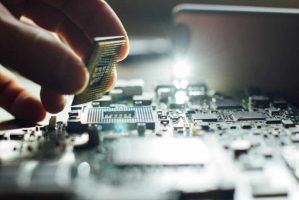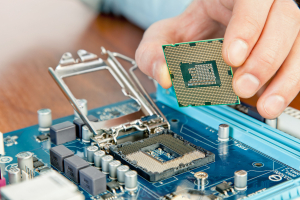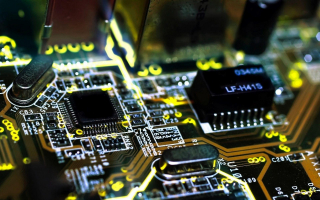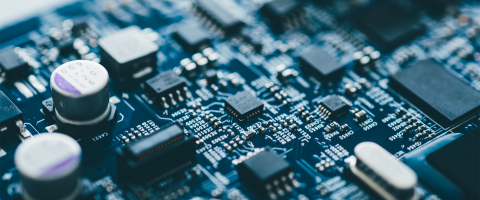Top 10 Recent Disastrous Tech Failures
The world's technology was vastly different around a century ago than it is today. Even the most astute scientist would have thought the concept of the ... read more...internet sounded like zany wizardry when cars were just starting to become ubiquitous for the average person, TV had not yet been created, and there were no automobiles. But despite all the improvements to our lives that technology has brought us, it is far from perfect. Tech fails frequently, and recent years have seen some very astounding disasters.
-
A tech startup called WeWork contributed to the availability of shared office space for emerging businesses and startups. Thus, it was essentially just commercial real estate for businesses, albeit they also experimented with virtual spaces in addition to physical ones and made a valiant effort to mislead people into believing they were doing something when they were actually doing very little. The business would lease huge office premises for a long time, then subdivide those spaces into smaller ones so that more short-term renters could use them for daily office use. This concept somehow managed to receive an initial valuation of $47 billion.
After receiving a $8 billion investment from SoftBank, the business began to acquire office space in important U.S. cities. No one thought it was crazy when they estimated that the market for their company would be more than $3 trillion. No one thought it was crazy when they estimated that the market for their company would be more than $3 trillion. In order to arrive at this figure, they decided that every single person who sat at a desk in a city where they had an office qualified as a potential member.
The CEO and his wife were so incompetent at business that it was almost comical. She once dismissed someone because their "energy" was off, as he worked barefoot and drank tequila shots in the workplace. The company's mishandling of money appeared to be its sole significant strength. On $1.8 billion in revenue, they lost $1.9 billion in 2018, and their decline persisted. Just to restore some faith in the company, not because it actually worked, the CEO had to step down. They had to cancel their IPO in 2019 due to its failure. They announced losses of more than $2 billion in just the first quarter of 2021.
https://www.google.com 
https://www.google.com -
Everyone is now aware of the necessity to secure everything connected to the internet from hackers since they are a constant threat. We all use numerous passwords to secure everything we possess, and for good reason—hackers can actually access anything. Including sex toys in this.
Adult toys that can be controlled remotely by other users for purposes you can come up with on your own are in high demand and are expanding. But the issue is that very few of these gadgets come with any form of security. Any personal information that can be obtained by hackers from a linked device is the most obvious security concern. At first glance, this might not seem like much and might merely contain humiliating details about your use of sex toys. That's not all, though.
A person recently mentioned on Twitter that someone had broken into their computer and gained access to their Metamask browser plugin, which gives you access to Ethereum and other cryptocurrency businesses. The user lost several NFTs and dollars, and the only suspicious activity on their network that they could identify was a sex toy that they had put in to charge.
https://www.google.com 
https://www.google.com -
The concept of foldable technology has been alluring to us for a while now in science fiction. Because many of us have fallen or somehow damaged our phones, having the ability to wrap them up or bend them into different shapes seems convenient. In light of that, Samsung went ahead and created a screen that could at least fold but not roll. Maybe, that was the thought.
In 2019, the Galaxy Fold, which resembled a wallet, was unveiled. The screen would be there there when you folded it neatly in half, giving you arguably twice the screen capacity of the size of it in your pocket. The cost of this amazing technology was close to $2,000. The situation wasn't good.
As soon as Samsung allowed reviewers to really use the phones, they failed miserably. Most reviewers noticed that their folding displays simply didn't operate after a day or two. Some grew bulges, while others were only effective on one side of the fold. Other reviews basically ruined the phone by removing a protective layer because the reviewers didn't know they shouldn't.
Samsung first stated after the phone's release that it had sold a million handsets in just four months, but quickly recanted, claiming the 1 million was what they had wanted to sell. Later, Samsung's CEO said it was embarrassing for them to release the Fold so quickly.

https://www.google.com 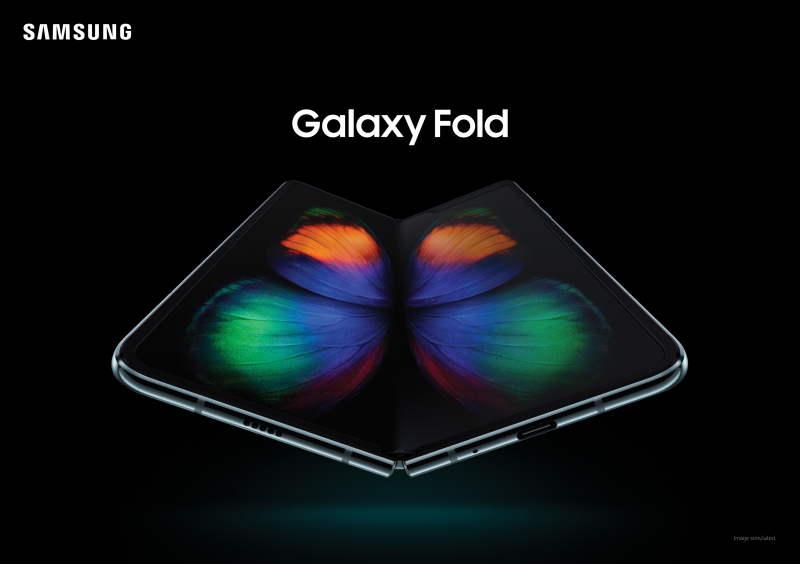
https://www.google.com -
It takes some skill to turn a cooler into a tech flop. A corporation must go above and beyond to make a cooler a failure, much alone one that brings technology down with it. A cooler can merely be a styrofoam box. But when the Coolest Cooler stumbled into existence a few years ago, that's exactly what it accomplished.
One of the most successful Kickstarter campaigns ever in 2014, the Coolest Cooler raised an astounding $13 million, which no one could have predicted. The Coolest Cooler was advertised as having its own blender, Bluetooth speaker, and other trinkets, as well as the ability to charge gadgets like your phone. By the time 2019 rolled around, the company had declared bankruptcy and the cooler had finally caught fire.
The CEO cited Chinese tariffs as the reason the product line was discontinued, but consumer reviews from 2016 had previously revealed that the cooler was largely worthless. A high-tech cooler with a $399 price tag ought to at least function properly, but this one didn't. The battery life of the blender was only good for four complete minutes of blending, making it at best average.
Because the company ran out of money during the Kickstarter campaign, the cooler was never shipped, thus backers who still wanted one had to fork up an extra $96. Additionally, those who simply purchased one on Amazon without contributing to the Kickstarter did so faster.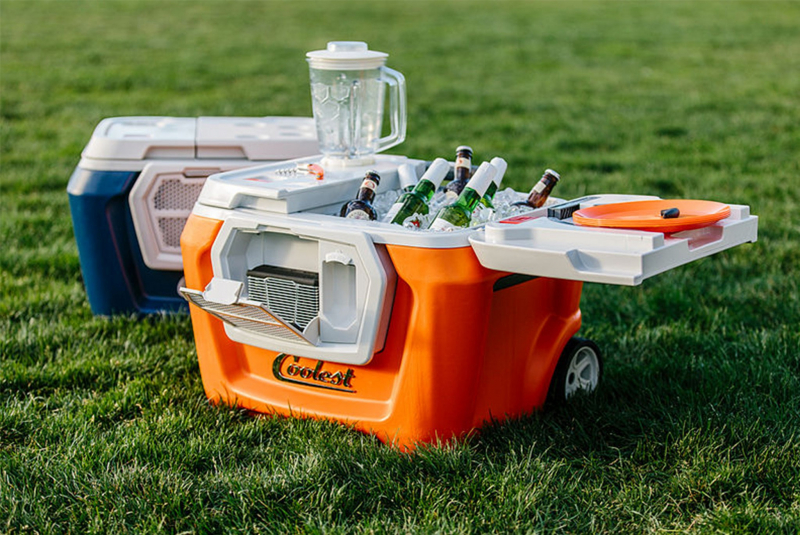
https://www.google.com 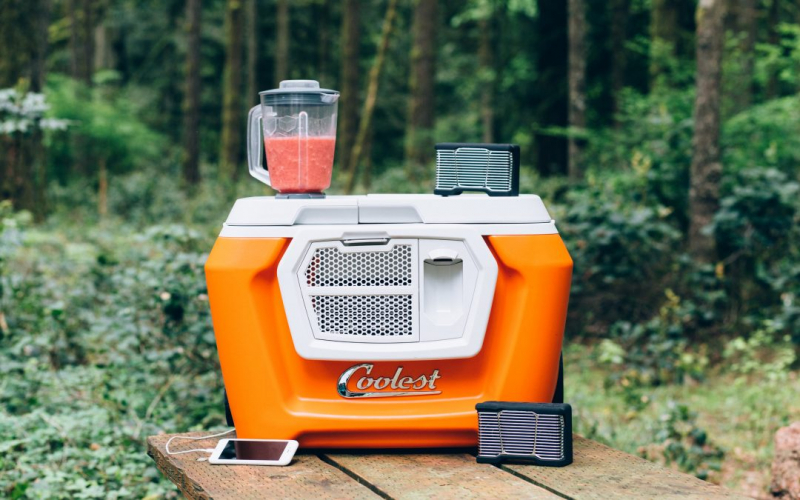
https://www.google.com -
End of 2020 saw the release of the highly anticipated video game Cyberpunk 2077. For goodness sake, Keanu Reeves was a part of it. With around five million pre-orders prior to release and roughly 13.7 million copies sold overall, it was also one of the games that sold the most quickly. Sounds like a major victory, no? Actually, not quite.
The game was so incredibly problematic as to be almost unplayable that the developer ultimately had to provide refunds to almost 30,000 customers. Additionally, reimbursements were given by the PlayStation Store, which ultimately removed the game entirely.
Both the PS4 and Xbox One versions of the game have a lot of bugs. The games' poor compatibility with earlier platforms led to lawsuits, and later, hackers stole data from the company. In the end, the game was only passable even when everyone could enjoy it and everything worked as it should. Just fine. Since its release, many people have largely forgotten about it because it failed to live up to the hype.

https://www.google.com 
https://www.google.com -
How would you describe Quibi? This is possibly the largest bomb of 2021, a fact only moderated by the realization that virtually everyone save those involved appeared to have predicted it long before it happened.
Quibi's concept seems to be the fusion of conventional TV and film with something more frantic and ingestible, like YouTube and TikTok. All of the shows would be brief—about five minutes—so you could watch them during your morning commute. They would also include some of Hollywood's top stars, including Kevin Hart, Anna Kendrick, Sam Raimi, Idris Elba, and a long list of others. Why were there so many renowned figures? Possibly related to the almost $2 billion in investment capital.
For nearly seven months, Quibi existed. The crew was empty. Quibi could only be viewed on a mobile device; not a television. Quibi shows are not screen capable. It was too overpriced for what it was, and more importantly, almost everything they produced was mediocre at best. Nearly every program on the site received universal negative reviews from critics and fans.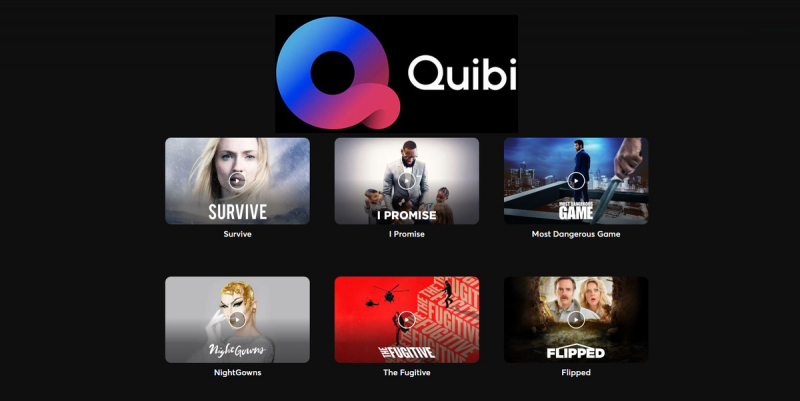
https://www.google.com 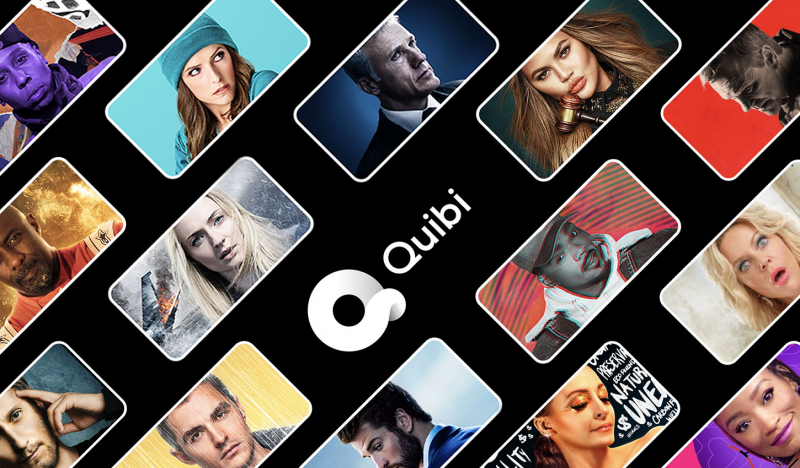
https://www.google.com -
There is a segment of the American population that sees anything they find objectionable or dangerous as a direct assault on their right to freedom. And in reaction to this assault, they have started arbitrarily and pointlessly labeling everything as "freedom" if it helps them further their viewpoint. Do you recall when someone attempted to rename French fries to "freedom fries" because France opposed the Iraq War? It took place.
More recently, the Freedom Phone was created for Trump supporters who wished to escape "Big Tech's" control and enjoy a smartphone that wouldn't censor them or further a liberal agenda. It would even have an anti-surveillance operating system and an app store without any restrictions. Hey, if that's how you feel about politics, that's fantastic. Money can be produced by appealing to people's political convictions. The issue was that the phone's own politics weren't actually in line with them.
The Freedom Phone was initially merely a cheap Chinese phone that had been rebranded. The $119 Umidigi A9 phone was the $499 Freedom Phone. Unfamiliar with Umidigi? Really, neither had anyone else. Since neither of those qualities is highly appreciated in China, where it was made, the claim that it was free of censorship and surveillance turned out to be somewhat of a joke. Customers couldn't find any specifications on the website, the OS was changed to one manufactured by the Big Tech giants, their unregulated app store poses serious privacy risks, and practically every tech website has recommended customers to stay away from this product like the plague.
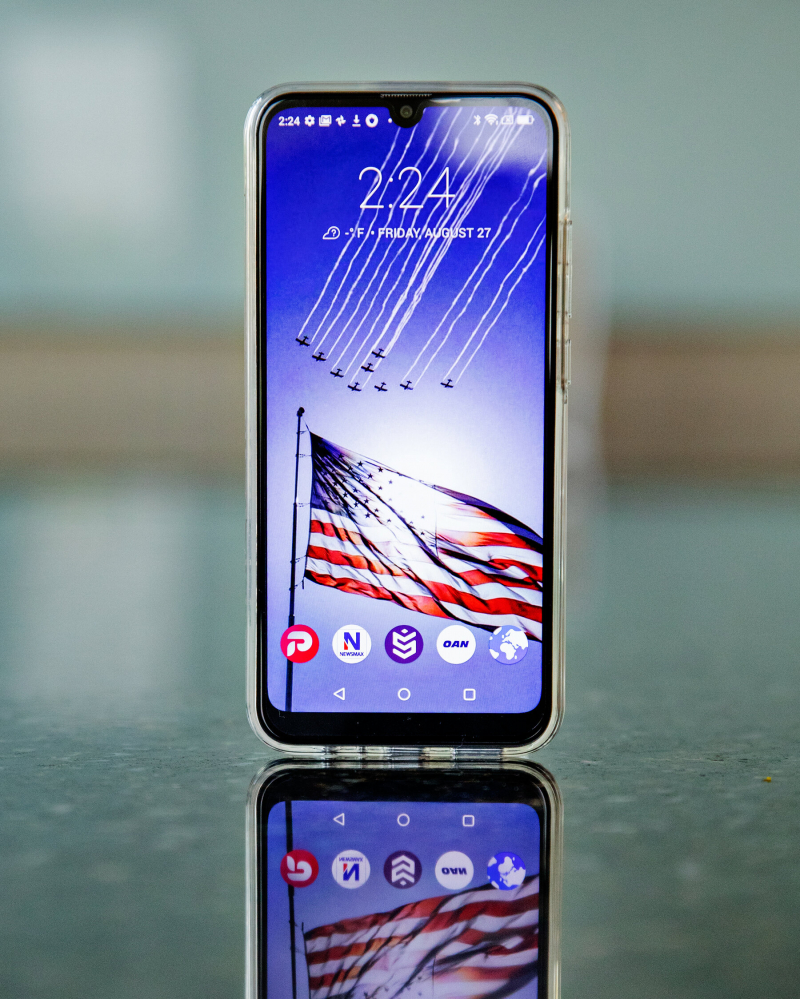
https://www.google.com 
https://www.google.com -
These days, few businesses are as well-known as Tesla. Elon Musk is often in the news, therefore it's inevitable that the company will be mentioned regularly as well, and not always in terms of the antics of its CEO. Remember that Tesla is still in the lead when it comes to electric vehicles, and they frequently release something new and interesting to keep them at the top of everyone's minds.
Tesla announced their progress on a humanoid robot at a press conference in August 2021. According to Musk, the objective was to build a machine that could perform laborious, hazardous, or repetitive activities for people. All is well thus far. The rollout was the issue.
For whatever reason, Musk opted to showcase the concept of the robot before anyone had actually built one. So instead, they presented a man dressed in a spandex jumpsuit who was posing as a robot. He danced after that, and it wasn't good.
It didn't matter if it was intended as a joke or not. The following day, the corporation was criticized in the media. Whatever the real reason behind it, it made one of the biggest companies and one of the richest men in the world appear bad. Many people chalked it up as a ploy to divert attention from poor headlines.
https://www.google.com 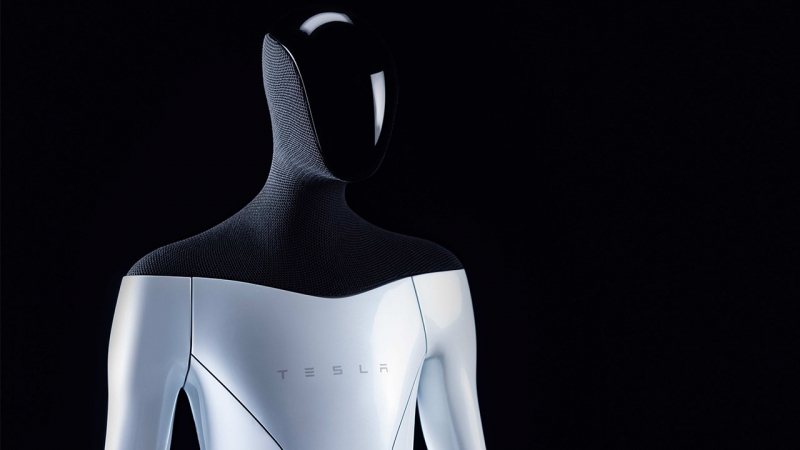
https://www.google.com -
Real estate firm Zillow has received a lot of media attention recently due to its hegemonic position in the industry. They spent a large portion of 2021 acquiring so many homes that they had to put a stop to it for a few of months. They had had a severe technological setback that was the result of some overconfidence and perhaps some ignorance as well.
The majority of people were unaware that Zillow actually purchased and sold homes; they assumed it was merely a platform for real estate agents to display properties. In actuality, the company was in the business of flipping houses, and to help them with this, they had created some AI technology. They had such a high level of confidence that they were allowing the AI to make cash offers on houses. That proved to be a poor decision.
By November, the firm had a backlog of 7,000 homes valued approximately $2.8 billion that needed to be sold. Due to its reckless spending, they were forced to cease home purchases and shut down its AI system, demonstrating unequivocally that you cannot allow a website to invest in real estate across a whole nation.
https://www.google.com 
https://www.google.com -
What do proactive, hip, and contemporary go-getters adore above all else? You have your finger on the pulse if you said juice and/or useless gadgets. The annual revenue from the juice industry is approaching $200 billion. Yes, we do adore juice. The annual revenue from kitchen appliances is about $17.6 billion. To pair them up is a match made in heaven! Or that it ought to have been.
Juicero seems to be excellent in 2017. Individual fruit packets were pressed in an internet-connected device with the support of certain high-profile investors, who invested $120 million in the concept. The machine compressed pre-packaged veggie and fruit packets with four tons of force to create wonderful, fresh juice. It resembled a vise in appearance.
After a while, someone realized they didn't actually need the $699 juice press and could simply squeeze the packets by hand. When journalists put it to the test, they found that they could get the juice with just their hands and faster. The Juicero's introduction had gone too badly, even after the price was lowered to $400. After only a few months in operation, they filed for bankruptcy.
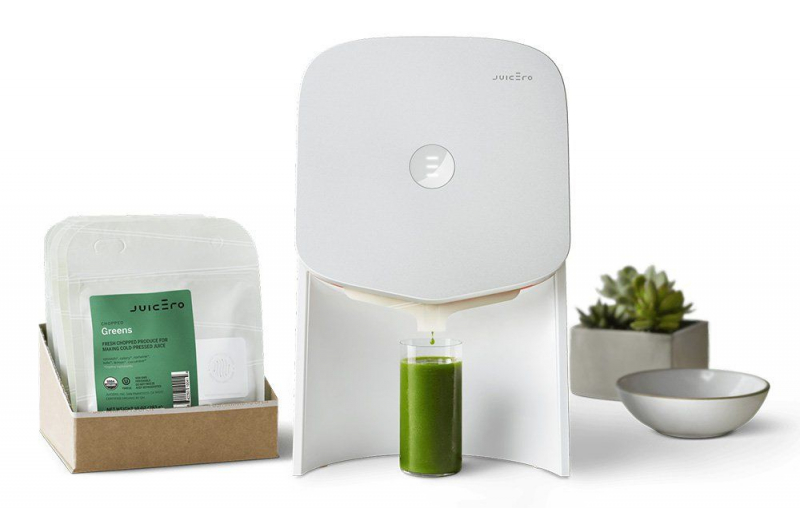
https://www.google.com 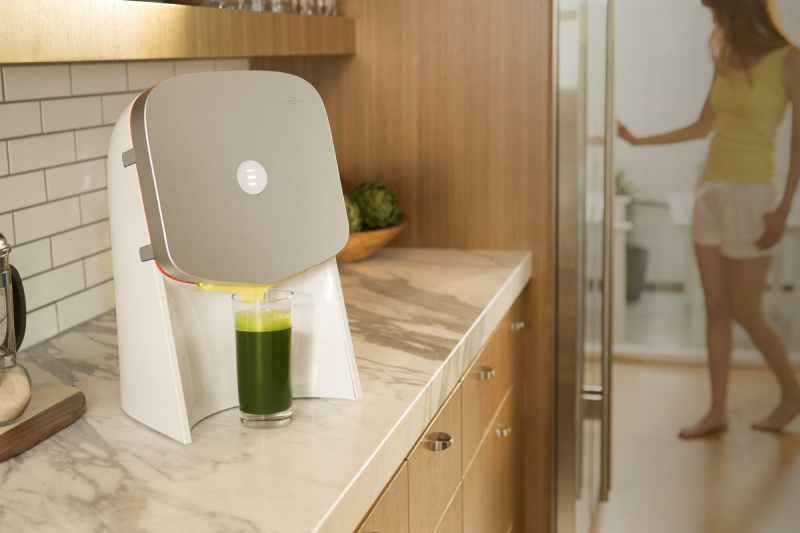
https://www.google.com














